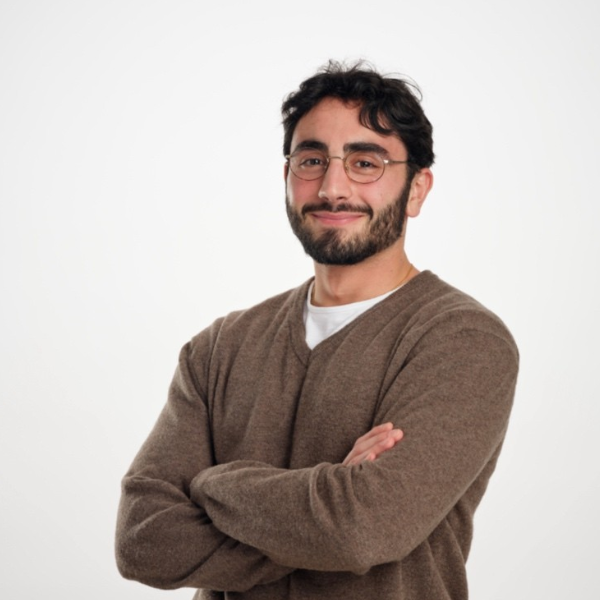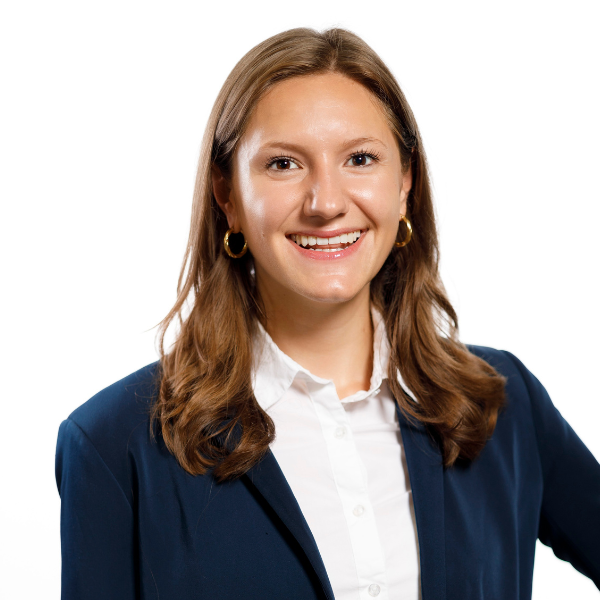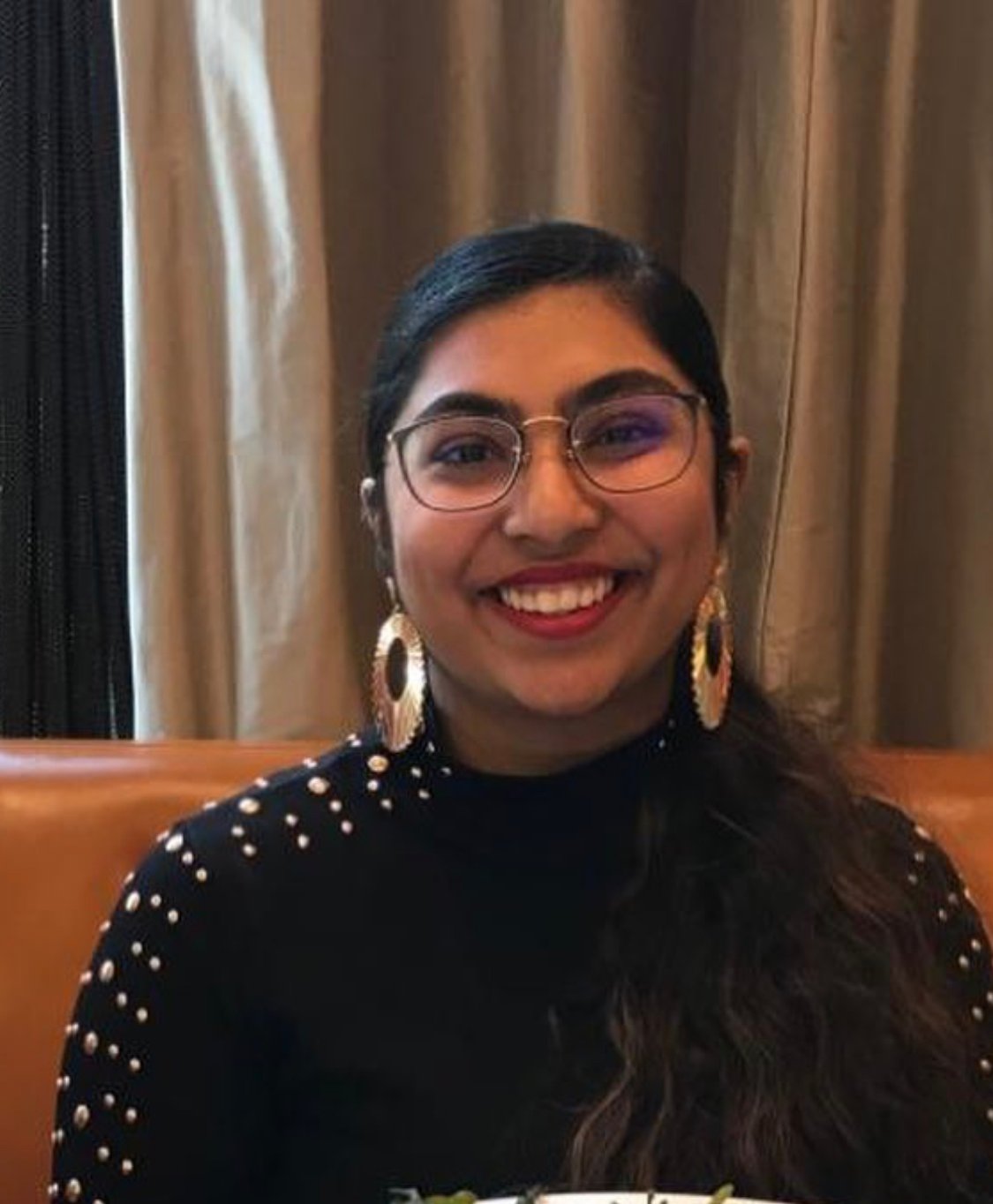At INSEAD, you learn to work with people from everywhere. I knew how to adjust my tone and style depending on the person I was speaking to.
Mathieu Bascon

Can you tell us about yourself?
My name is Mathieu, I’m half French and half Spanish. I spent 15 years of my life in China (4 years in Hong Kong and 11 years in Shanghai), which gave me a strong taste for international experiences. That’s why I chose to study abroad: first at IE Madrid for a dual degree, then at INSEAD for my MIM.
INSEAD appealed to me because of its condensed 10-month format and the chance to study across Fontainebleau and Singapore, with optional modules in places like San Francisco and Abu Dhabi.
What moments stand out from your time at INSEAD?
I’ll always remember events like “Give, Give, Get,” which really embodied the INSEAD spirit of sharing and helping one another. As MIMs, we never felt like the “junior” programme compared to MBAs. We were part of one community.
Academically, I was struck by the level of the professors. Coming from IE, I already had high expectations, but INSEAD’s faculty stood out. One professor in particular, Philippe Aghion, had a big impact on me. The relationship wasn’t hierarchical; it was about sharing knowledge and encouraging us to think for ourselves. That ability to build our own frameworks for rational thinking is something I carry with me today.
How was your experience with the Career Development Centre (CDC)?
The CDC was hands-on from day one. I felt supported immediately, which mattered because arriving at INSEAD can feel overwhelming. Everyone talks about investment banking or consulting as if those are the only two options. My career coach, Emmanuelle Lansari, helped me step back, reflect on my personality, and narrow my focus. I still keep in touch with her today.
One workshop I found particularly useful was a group CV review. We were five students, and it broke the ice to realise that no background was more “valuable” than another. The CDC also organised alumni panels where we heard directly about recruitment processes in different industries—those were very insightful.
And although I didn’t always attend, I know many classmates benefited from weekly mock interviews run by alumni and peers. The message was always: help each other succeed.
How did you secure your internship at L’Oréal?
I actually applied directly through the website, which I wouldn’t call the best strategy! But I was lucky to get through the screening. Once I had the HR interview, I prepared extensively by speaking with people who worked at L’Oréal: friends of my siblings, parents’ contacts, and anyone else I could reach.
This wasn’t to push my CV but to understand the culture. It felt like “cheating on the exam” as I already knew what kinds of questions they would ask and what they were looking for. At L’Oréal, cultural fit is critical.
Initially, HR placed me in a luxury role, which I thought I wanted. But the interview with the director went badly, and I quickly realised it wasn’t the right path for me. I decided to be completely transparent with HR, admitting that luxury might not be my fit. She appreciated the honesty and redirected me to the dermatological division, where the interviews went well and I received the internship offer.
The big lesson: be honest with HR. One interview can reveal a lot about whether a path is right for you, and transparency helps them place you where you can succeed.
Were you able to apply your MIM skills during your internship?
Definitely, but more the soft skills than the technical ones. At INSEAD, you learn to work with people from everywhere, and that mirrors the environment at L’Oréal. In my office, I had colleagues from Italy, Brazil, and the UK. I knew how to adjust my tone and style depending on the person I was speaking to.
Networking was also essential. L’Oréal calls it “the culture of the fit.” You have to build relationships constantly.
What INSEAD taught me is that networking is not about meeting 2,000 people superficially. It’s about building authentic connections with a smaller group. Those real relationships are what help you move forward.
How did you secure your full-time role at L’Oréal?
It wasn’t straightforward. Two months before the end of the internship, all 450 interns went through an assessment centre. You had to present a project you led, and then solve a case study in a group with people from different divisions. I passed that stage and was initially suggested a role that was very different from my internship. The interview didn’t go well.
Later, I was redirected to a luxury travel retail team, but that role was frozen due to budget. So I waited for four months after my internship ended, but I still didn’t have a final offer. I even reached the final round of the Uniqlo graduate programme and was considering alternatives.
At that point, I spoke again with Emmanuelle from the CDC. She reminded me that when a company like L’Oréal says they will keep you, they will. Recruiters have strong incentives to find you a role. I trusted her advice, waited, and two weeks later, the global HR manager from the dermatological division called me with a new opportunity.
Interestingly, what helped me was the HR intern. During my internship, he was tasked with doing coffee chats with all the interns. I treated those seriously, showed him my work, and tried to “sell” myself. Later, the global HR manager told me that it was thanks to the intern’s input that my profile was selected. It shows that every interaction counts.
What advice would you give to current MIM students?
First, don’t lock yourself into what you think you’ll like. I thought I wanted luxury, but discovered dermatological beauty was a better fit. It’s pragmatic and helps people. Be curious, try things, and don’t worry if your first role isn’t your dream job. Large corporations offer plenty of mobility once you’re inside.
Second, communicate openly with HR and managers. During my internship, 80% of my tasks weren’t what I enjoyed. I was upfront about this, and it helped HR place me where I could thrive later.
Third, focus on building strong, authentic connections rather than chasing as many as possible. At INSEAD, I learned that investing in 10 relationships is worth more than 200 coffees.
Finally, don’t stress too much. I know it’s easier said than done. I was stressed even after securing my internship. The market is tough, and sometimes you wonder if the degree will pay off. It does. It just takes time, and patience.




